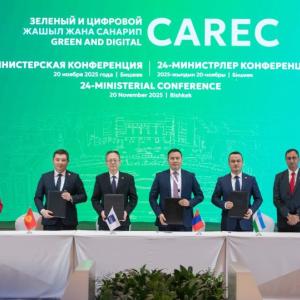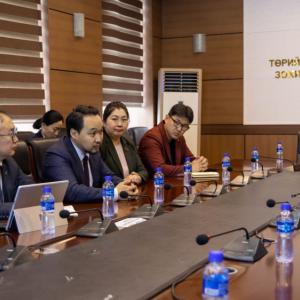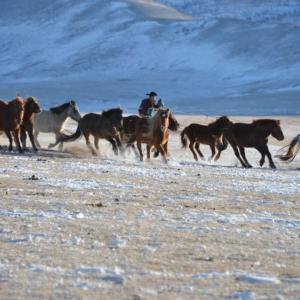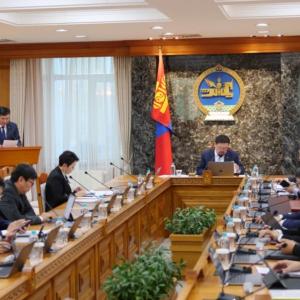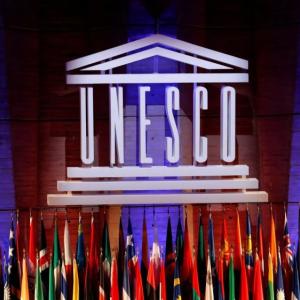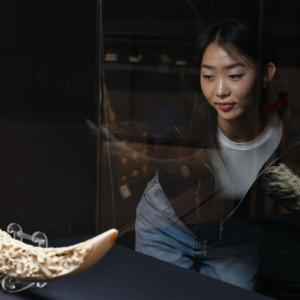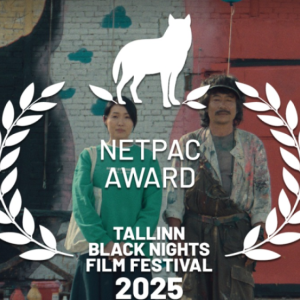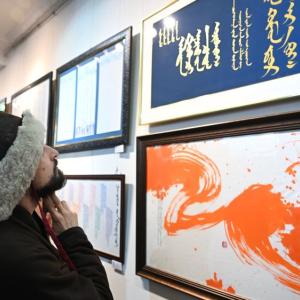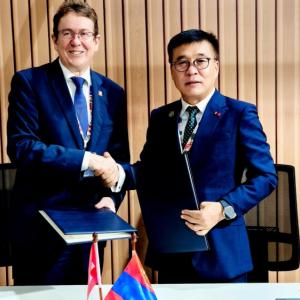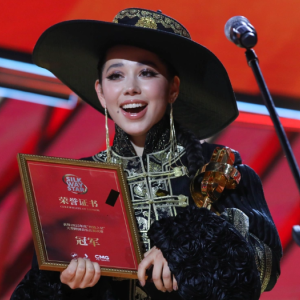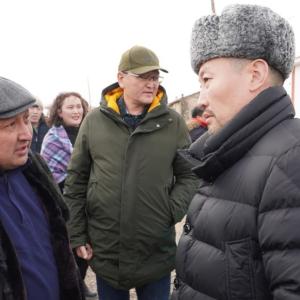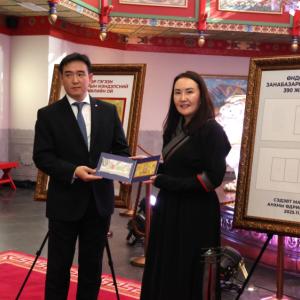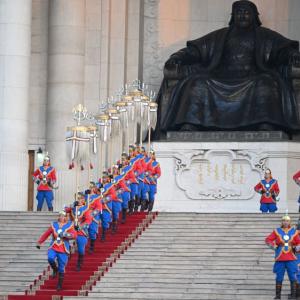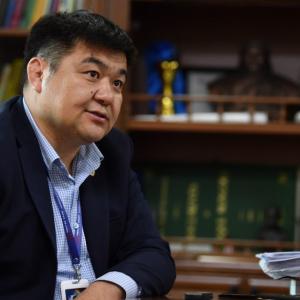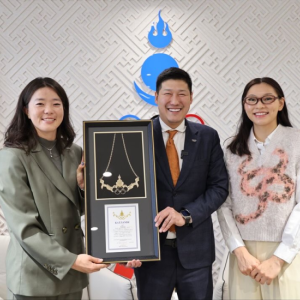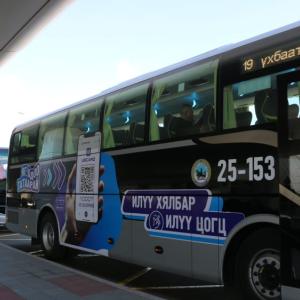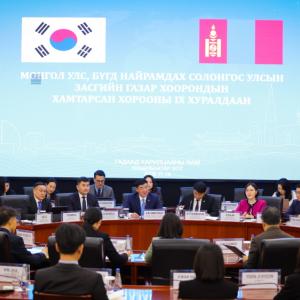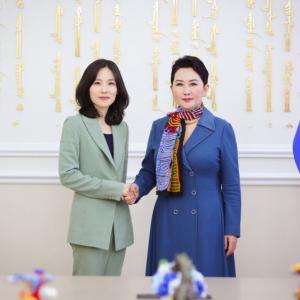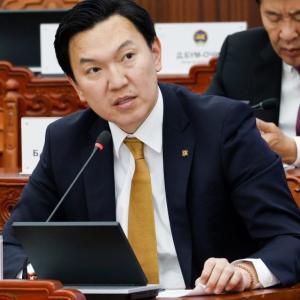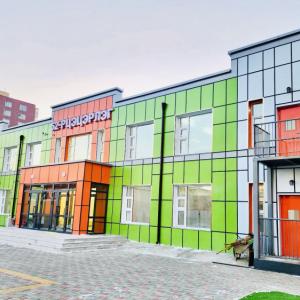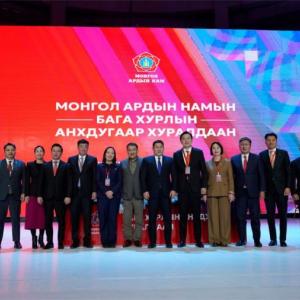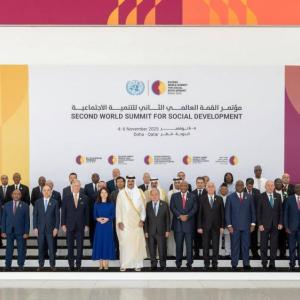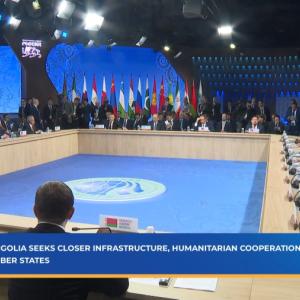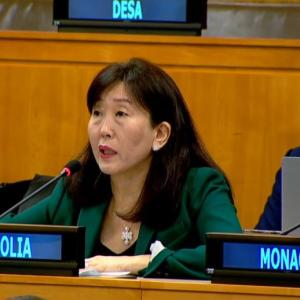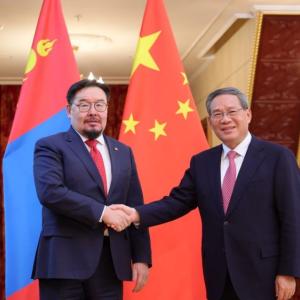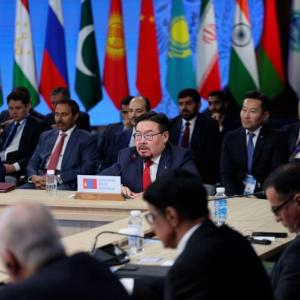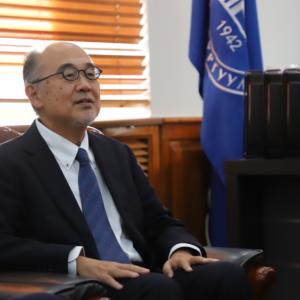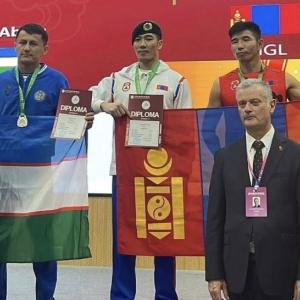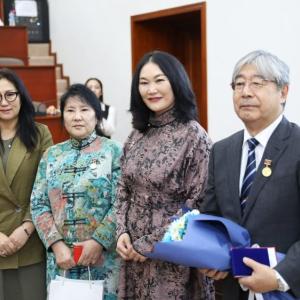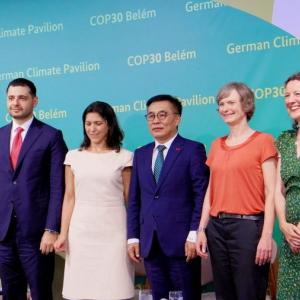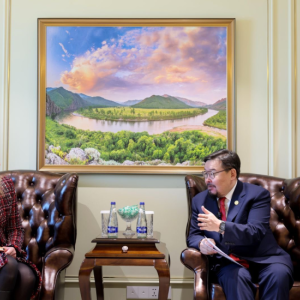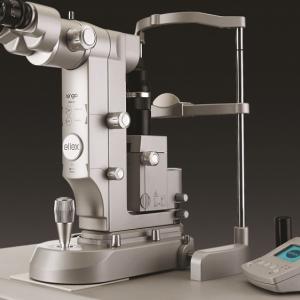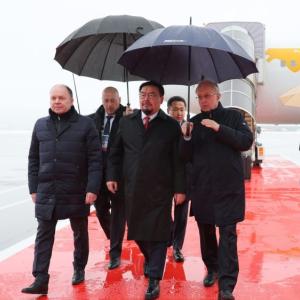ADB, Mongolia Sign Projects for COVID-19 Shock Response, Economic Cooperation Zone, Solid Waste Management
Economy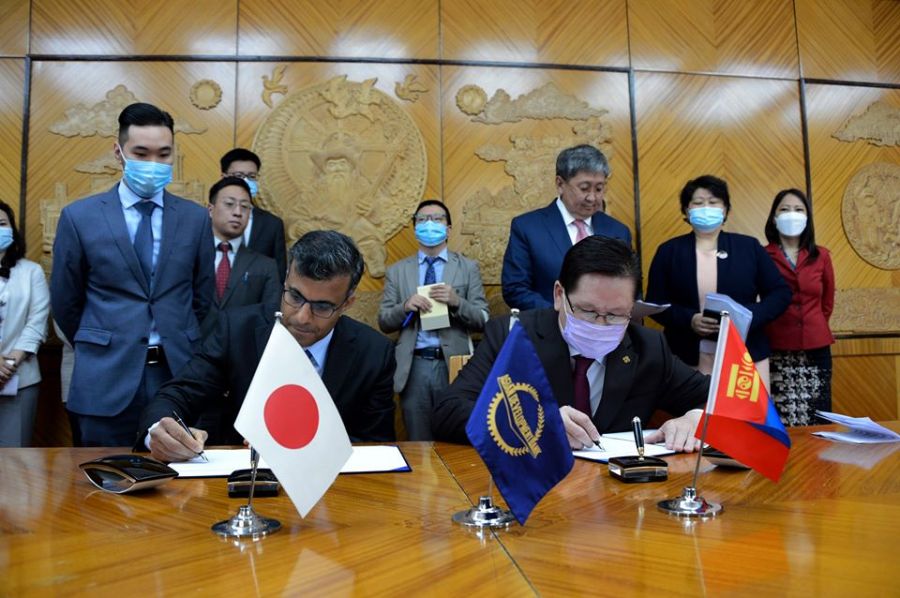
Ulaanbaatar /MONTSAME/. The Asian Development Bank (ADB) and Government of Mongolia today signed three projects to lessen the socioeconomic impacts of the coronavirus disease (COVID-19) pandemic on poor and vulnerable groups in Mongolia, to help support Mongolia’s post-pandemic recovery by developing an economic cooperation zone, and improve solid waste management.

Signing the Shock-Responsive Social Protection Project, for which ADB approved a $26.4 million loan, and the solid waste management project, for which a grant of $2 million is being provided from the Japan Fund for Poverty Reduction (JFPR), were ADB Country Director in Mongolia Pavit Ramachandran and Mongolian Minister of Finance Khurelbaatar Chimed. Signing the Developing the Economic Cooperation Zone Project, for which ADB is providing a $30 million loan, were Mr. Pavit Ramachandran and Deputy Prime Minister of Mongolia Enkhtuvshin Ulziisaikhan. Mr. Matsuhashi Tomoyuki, Second Secretary of the Embassy of Japan in Mongolia and representatives from line ministries also attended the ceremony.

“The Shock-Responsive Project is a key part of ADB’s package of support to mitigate the impact of COVID-19 in Mongolia,” said Mr. Ramachandran. “The project aims to lessen the socioeconomic impacts of the novel coronavirus disease (COVID-19) pandemic on poor and vulnerable groups in Mongolia, and to support the Government’s response in social protection.”
“The economic cooperation zone project” meanwhile will help stimulate the economy by providing job opportunities, improving connectivity, and reducing trade costs. The project will also facilitate international trade and help diversify Mongolia’s economy, which is crucial to the country’s post-pandemic economic recovery.
The project will develop the Zamyn-Uud free zone, situated near the busiest international border port between Mongolia and the People’s Republic of China in a district where the local economy and population rely heavily on border traffic and trade activities. It will support the construction and sustainable operations of new infrastructure and facilities in the free zone, as well as effective zone management. This will provide the foundation and environment needed for the private sector to build production capacity and help Mongolia expand trade activities and adapt to the rapidly evolving global economic landscape. Also, the project is part of a wider network of ADB trade-related projects in Mongolia along the Central Asia Regional Economic Cooperation (CAREC) program’s corridor 4b. It is expected to be completed by December 2025.
The grant for solid waste management will open new income and employment opportunities, particularly for poor, women and disadvantaged people, through waste reuse and recycling pilots and skills and business development. The project will conduct public education and awareness to promote effective and inclusive waste recycling and reuse. Recycling businesses and community organizations will receive small grants to pilot innovative programs that will reduce the waste stream and encourage greater recycling. The project will also support the provincial governments in developing the sector policy framework, build capacity in solid waste management and planning and will serve as a model that other secondary cities can replicate.
Four priority aimag capital cities, Darkhan-Uul, Gobi-Altai, Sukhbaatar and Uvurkhangai, have been identified for the project together with the Ministry of Construction and Urban Development, the project executing agency.
The project will help reduce long-term environmental and health risks for about 160,000 people in the four cities by eliminating economic and environmental losses and health costs. At least half of households in each project city will be involved in information dissemination activities and gain knowledge on green job opportunities in waste recycling and reuse.
ADB is committed to achieving a prosperous, inclusive,
resilient, and sustainable Asia and the Pacific, while sustaining its efforts
to eradicate extreme poverty. Established in 1966, it is owned by 68 members—49
from the region.
Source: Asian Development Bank
 Ulaanbaatar
Ulaanbaatar







